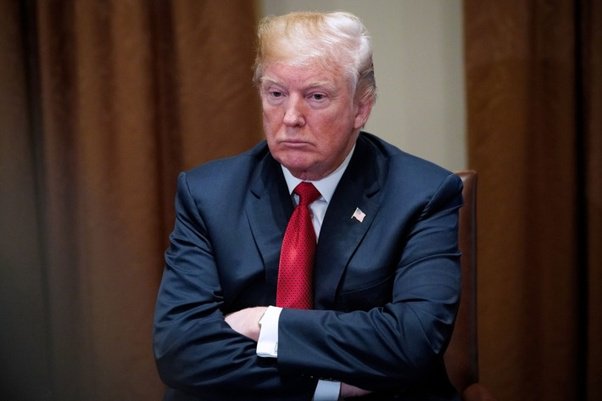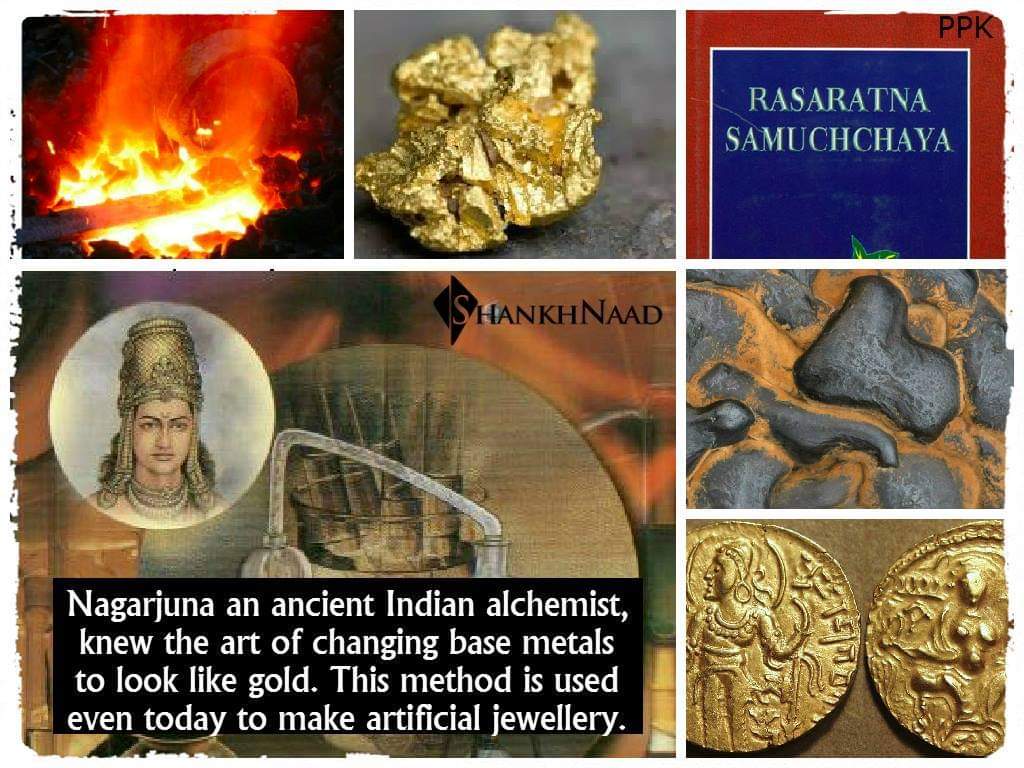Surprised in this otherwise excellent obit of legendary journalist Neil Sheehan, the @nytimes didn't mention that the Nixon admin tried to charge Sheehan and his wife Susan under the Espionage Act *after* the Pentagon Papers Supreme Court case.


More from Politics
THREAD
1)
@SidneyPowell1 reflects on #Iran’s meddling in the U.S. in a recent tweet to U.S. President Donald Trump.
This thread focuses on Iran’s dangerous influence in the U.S., especially through its DC-based lobby group
2)
Why is this important?
@DNI_Ratcliffe "told CBS News that there was foreign election interference by China, #Iran & Russia in November of this year [2020]."
All Americans should be informed about how Iran & its lobby group NIAC are meddling in the
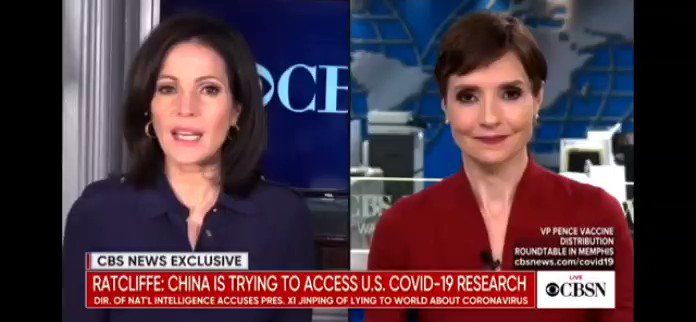
3)
#Iran has been increasingly aiming to interfere in U.S. elections specifically through NIAC.
DNI John Ratcliffe had previously shed light on this vital
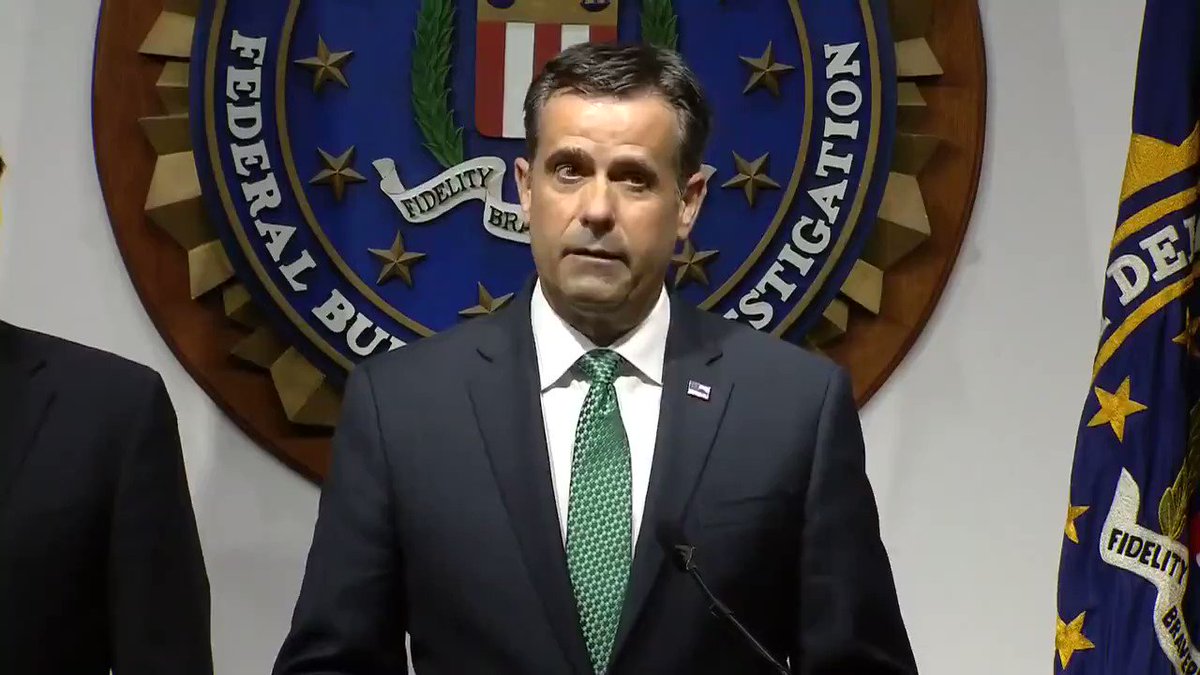
4)
NIAC is a lobby group in the U.S. pushing Iran’s talking points.
Listen to this Iranian regime insider explain that NIAC was established by @JZarif, the foreign minister of
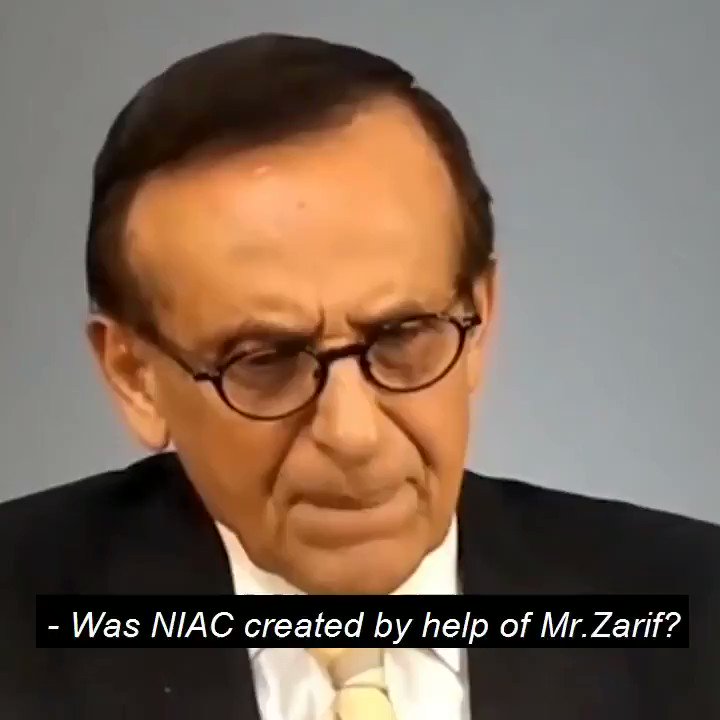
5)
@tparsi is the official founder of NIAC in the U.S.
Listen to how Trita Parsi parrots Zarif’s talking
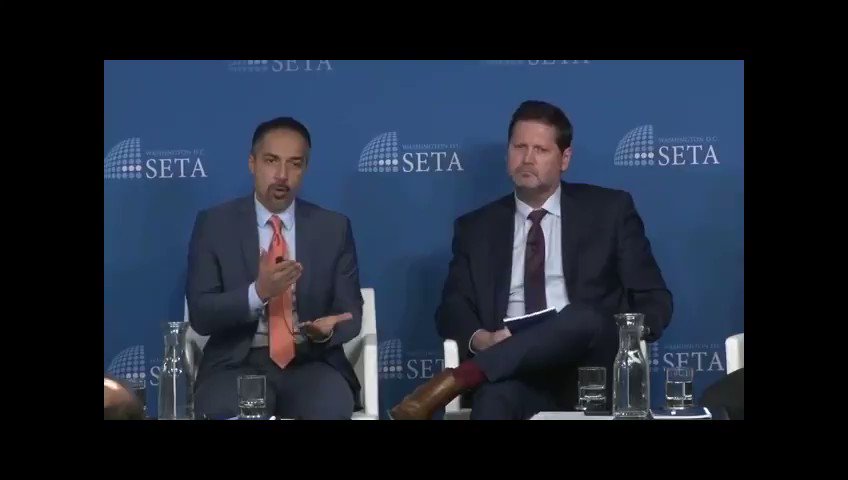
1)
@SidneyPowell1 reflects on #Iran’s meddling in the U.S. in a recent tweet to U.S. President Donald Trump.
This thread focuses on Iran’s dangerous influence in the U.S., especially through its DC-based lobby group
Dear @realDonaldTrump
— Sidney Powell \U0001f1fa\U0001f1f8\u2b50\u2b50\u2b50 (@SidneyPowell1) December 23, 2020
#China and #Iran stole this election from the #American people
who voted for you in a world-record landslide!
We must expose all the corruption and restore the Republic now
There will never be a free and fair election if we don\u2019t end the rigging now \U0001f1fa\U0001f1f8 pic.twitter.com/2t707xN0ar
2)
Why is this important?
@DNI_Ratcliffe "told CBS News that there was foreign election interference by China, #Iran & Russia in November of this year [2020]."
All Americans should be informed about how Iran & its lobby group NIAC are meddling in the

3)
#Iran has been increasingly aiming to interfere in U.S. elections specifically through NIAC.
DNI John Ratcliffe had previously shed light on this vital

4)
NIAC is a lobby group in the U.S. pushing Iran’s talking points.
Listen to this Iranian regime insider explain that NIAC was established by @JZarif, the foreign minister of

5)
@tparsi is the official founder of NIAC in the U.S.
Listen to how Trita Parsi parrots Zarif’s talking

All the challenges to Leader Pelosi are coming from her right, in an apparent effort to make the party even more conservative and bent toward corporate interests.
Hard pass. So long as Leader Pelosi remains the most progressive candidate for Speaker, she can count on my support.
I agree that our party should, and must, evolve our leadership.
But changed leadership should reflect an actual, evolved mission; namely, an increased commitment to the middle + working class electorate that put us here.
Otherwise it’s a just new figure with the same problems.
I hope that we can move swiftly to conclude this discussion about party positions, so that we can spend more time discussing party priorities: voting rights, healthcare, wages, climate change, housing, cannabis legalization, good jobs, etc.
Hard pass. So long as Leader Pelosi remains the most progressive candidate for Speaker, she can count on my support.
The strange thing about the fight to displace Nancy Pelosi as Speaker of the House is that no one seems willing to run against her. https://t.co/VhBqf4KJom
— The New Yorker (@NewYorker) November 21, 2018
I agree that our party should, and must, evolve our leadership.
But changed leadership should reflect an actual, evolved mission; namely, an increased commitment to the middle + working class electorate that put us here.
Otherwise it’s a just new figure with the same problems.
I hope that we can move swiftly to conclude this discussion about party positions, so that we can spend more time discussing party priorities: voting rights, healthcare, wages, climate change, housing, cannabis legalization, good jobs, etc.


